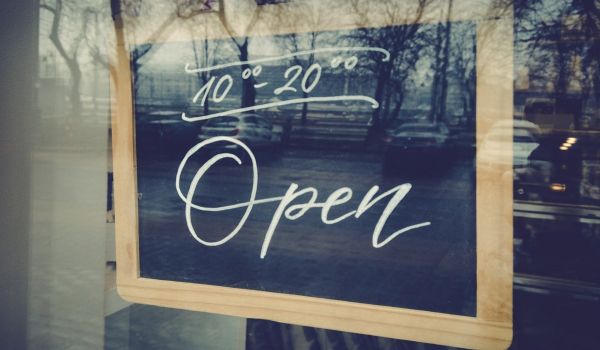There is power in nostalgia. On the night of June 21 at Lambda Lounge, nostalgia was fueling a new generation of spaces dedicated to —and owned by — queer Black men in New York.
One of only two Black LGBTQ-owned nightlife spots currently open in Harlem, Lambda Lounge hosted an all-night reunion party honoring the former Luke & Leroy — one of the few reliably Black-queer friendly spaces in the LGBTQ mecca of the West Village. Luke & Leroy closed in 2007.
Even in New York, the list of bars, clubs and lounges that welcome and celebrate Black or Brown LGBTQ people has never been very long. At Lambda Lounge that night, besides Luke & Leroy the crowd also traded stories about Chi Chiz — a Black-owned gay bar in the West Village forced to close down in 2010 amid claims of racially-motivated policing. A similar dispute befell the legendary Latinx LGBTQ club Escuelita in 2016, just short of its 50th anniversary.
For 90 years, that shortage was artificially enforced by New York’s infamous Cabaret Law. The prohibition-era regulation effectively banned new establishments that combined dancing and serving alcohol. By 2017, according to the New York Times, only 97 out of roughly 25,000 eating and drinking establishments had a cabaret license, which allows for dancing and serving alcohol.
The racist intent of cabaret law restrictions in New York were well known for decades. Club owners around the city continually found ways around the restrictions, like flashing lights or playing a certain song to signal patrons to stop dancing because police officers were stopping by. But, seeking to avoid the extra attention from reliably racist policing, mostly-white club owners understood the benefits of keeping out Black and Brown folks, especially those who were queer.
New York finally repealed its Cabaret Law in 2017, though it took until 2021 to amend its zoning code to truly clear the pathway for new dancing establishments that serve alcohol. The owners of Lambda Lounge, Black married couple Charles Hughes and Richard Solomon, are taking full advantage – in May, they celebrated the grand opening of Club Lambda in Brooklyn. At 5,000 square feet across multiple levels, plus a larger outdoor space, the new club is more than three times the size of Lambda Lounge in Harlem.
“We need more beautiful, Black, married gay couples owning these places,” party promoter Malawtic Surreal said at Lambda Lounge last week. “It’s long overdue and we need a thousand more stories like these. The more stories like these you see, just imagine what that does for the next generation.”
Hughes and Solomon didn’t originally set out to become nightclub owners in New York. They had invested in some real estate together in the Bronx, and were preparing to make a second investment when that deal fell through, leaving them with a sizable chunk of money they had planned to use as a down payment.
“We wanted to find another business to go into, so that we didn’t spend it on clothes and trips and jewelry and things of that nature,” Hughes says.
At the time, they were both still working full-time at an insurance company. Sitting at work one day, Hughes says, an advertisement for a spirit that targets the “urban community” came across the screen. He thought to himself, “Why doesn’t the LGBTQ-plus community urban community have a spirit that speaks directly to them and is also created by them?”
A little online research led him to find a distillery that was able to create the product and walk the couple through the behind-the-scenes processes including licensing.
They spent the next year or so coming up with a name, a logo and marketing materials. The greek letter lambda was an early symbol of gay civil rights, pre-rainbow flag. According to Q Salt Lake Magazine, it was originally chosen by the Gay Activists Alliance of New York City in 1970 to represent its mission, and by 1974 the International Gay Rights Congress officially declared it the international symbol for gay and lesbian rights. In honor of that history, Lambda Vodka was born in 2017.
But as Hughes and Solomon found out, the hard liquor business is tough to crack if you don’t have access to a large amount of wealth or capital to invest upfront. With liquor stores, as many newcomers have found out, it’s a miniaturized version of the real estate game:Those with the most money can afford to buy prime eye-level or end-of-the-aisle placement for their products, and everyone else can get lost in the mix.
Things started to pick up a little more when they reached out to their own community.
“We started to tap into LGBTQ-plus organizations, doing events for them all across New York City, we would set up our bar with LED lighting, selling Lambda logo shirts, we just created an experience,” Hughes says. “And it started going really well, but what we started saying was, we’re tired, we’re really not creating enough revenue to leave our nine-to-five. ”
The next logical step was to open up their own space, to sell their product alongside others. So they started looking around and calling up brokers for spaces in Harlem. Available spaces for establishments serving alcoholic beverages can be tougher than usual to find in this neighborhood, which has an above average density of churches and schools. The city still has what’s known as the “200-foot rule,” meaning alcoholic beverage licenses cannot be issued to establishments on the same street and within 200 feet of a building that is used exclusively as a school, church, synagogue or other place of worship.
According to DNAinfo, there are 42 churches and 11 schools in the area bordered by Harlem’s Adam Clayton Powell Jr. Blvd., Park Avenue, 125th and 135th Streets. At one time there were just 11 restaurants and bars in the area with active liquor licenses. But Hughes and Solomon managed to find a location for Lambda Lounge right on Adam Clayton Powell Jr. Blvd., near the corner with 133rd Street.
They actually needed to secure a loan before they could sign a lease. It’s a common constraint for any new small business looking to secure a space.
“Creating our package for building owners, we had to show them that we had funds available to renovate the place and pay rent for a certain amount of time,” Hughes says.
There are multiple layers of historic discrimination to overcome for business owners like Hughes and Solomon to obtain a loan. Black business owners are nearly twice as likely to be denied completely on a small business loan application than white business owners, according to the Federal Reserve Small Business Credit Survey. Meanwhile, though the study only looked at home mortgage lending, same-sex couples were 73% more likely to be denied a home mortgage than heterosexual couples with the same financial status, according to an analysis of national mortgage data from 1990 to 2015.
There are ways for banks to correct for those historic disparities. The Equal Credit Opportunity Act allows banks to create what are known as “special purpose credit programs,” which use targeted lending criteria or loan terms for economically disadvantaged groups. But, for a variety of reasons, very few banks have ever actually done it.
And yet, many borrowers who might qualify even under conventional criteria never apply because of fear of rejection. Black business owners are about three times more likely to not apply for loans because of fear of rejection than white business owners, according to a 2020 working paper published by the National Bureau of Economic Research.
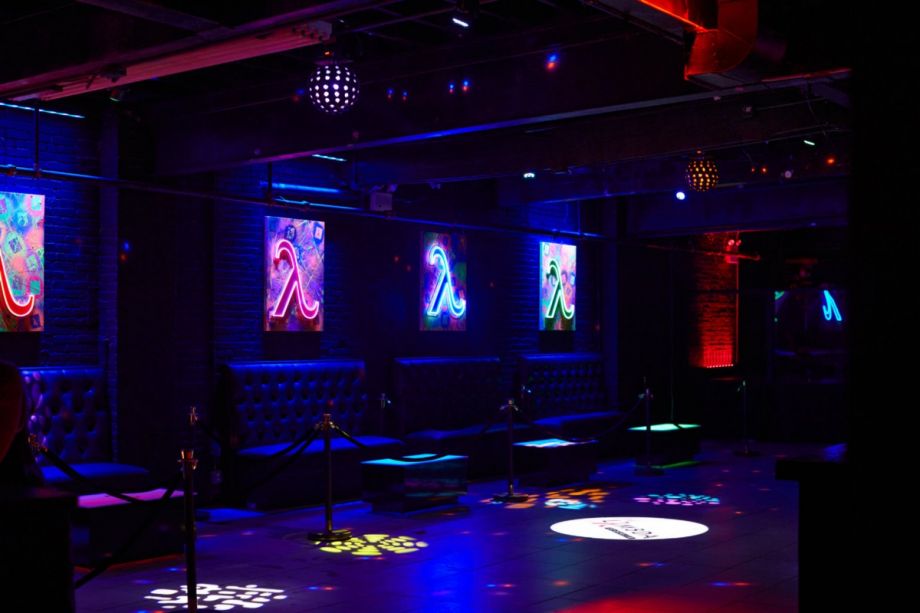
(Photo courtesy of Club Lambda.)
With nothing to lose but their day jobs, Hughes and Solomon submitted an inquiry through the Small Business Administration’s online portal called “Lender Match.” The agency says around 800 lenders across the U.S. participate in the portal.
That inquiry made its way to the inbox of Steven Garibell, who leads TD Bank’s LGBTQ2+ business unit, created in 2018 as a way for the bank to make sure it took LGBTQ2+ clients seriously. As much as banking and lending is about numbers, conversations and relationships still matter: Garibell advocates for clients, provides resources to business owners through outreach to groups like the National Gay and Lesbian Chamber of Commerce, and works with loan underwriters to help his colleagues understand a client and the story of their business.
When Garibell set up a time for Hughes and Solomon to come in for a meeting, it actually caught the couple off guard.
“I’m in a sweatshirt and sweatpants, and we’re thinking we’re just gonna go meet with one of the people behind the counter…but they called us into an office like, okay, this is a meeting meeting,” Hughes says. “So we’re sitting in this office and you got all these suits around and we’re looking like we just came from the gym. But we built this relationship.”
Garibell helped arrange for the bank to extend the couple a line of credit, which they used as part of their lease application for the space that became Lambda Lounge. The couple did much of the renovations themselves, with help from friends. They set a grand opening date for April 2020.
While the pandemic waylaid the grand opening, when it finally happened in July 2020, things could have hardly gone any better. Lambda Lounge shifted to outdoor-only service, and it got so crowded the first day that Hughes says they were turning people away. Like much of New York, the Black queer community had a lot of pent up energy to release after months of social isolation, and being in Harlem meant many patrons didn’t need to brave the subway during the period before COVID vaccines became available. Hughes and Solomon quit their jobs at the insurance company.
By the time newly ordained Black queer icon Lil Nas X made an appearance at Lambda Lounge in December 2021, the couple had already signed a lease for their second, much larger location in Brooklyn.
It was a lot easier finding a location this time. Instead of Hughes and Solomon calling around randomly, Garibell connected them to a commercial real estate broker who took down their wishlist and went to work.
“What we did wrong initially in Harlem, we corrected in Brooklyn,” Hughes says. “She created a portfolio of all the locations with what we liked, and from there, we picked and chose and she set up dates and times for us to just go out for two days and just kind of just look at locations all day.”
Like a growing number of Brooklyn nightclubs over the past two decades, the new Club Lambda BK is in a former industrial building, in the erstwhile industrial core of Bushwick. The larger industrial buildings work well for nightclub use, and are typically far enough away from residential areas to avoid a constant flow of noise complaints. Until the repeal of New York’s cabaret laws, dancing was legal in an establishment only if the property was zoned for manufacturing or dense commercial.
TD Bank ended up co-sponsoring the red carpet opening of Club Lambda in May 2022. It’s the first Black LGBTQ-owned nightlife spot in Brooklyn since the closure of Club Langston in 2019. For many decades Brooklyn also had the Starlite Lounge, which Harold “Mackie” Harris opened as an LGBTQ-inclusive bar in 1962. The Starlite was forced to close in 2010 after the building ownership changed hands and the new landlords evicted the business.
Lambda Lounge and Club Lambda both secured 15-year leases for their spaces, which provides some stability for the foreseeable future. But these spaces always face the risk of being forced to close as other Black LGBT-owned spaces have been not all that long ago.
For now, at least, there’s only one thing that Hughes still hasn’t gotten to cross off his wishlist for either space — a full kitchen.
“I want to create an experience for everyone within our community,” Hughes says. “I’m not just talking about the demographic that goes out to nightlife once a week, I want to get the demographic that, you know, after a certain age, they just want to have a meal and fellowship with their friends, have Sunday brunches.”
This article is part of The Bottom Line, a series exploring scalable solutions for problems related to affordability, inclusive economic growth and access to capital. Click here to subscribe to our Bottom Line newsletter.

Oscar is Next City's senior economic justice correspondent. He previously served as Next City’s editor from 2018-2019, and was a Next City Equitable Cities Fellow from 2015-2016. Since 2011, Oscar has covered community development finance, community banking, impact investing, economic development, housing and more for media outlets such as Shelterforce, B Magazine, Impact Alpha and Fast Company.
Follow Oscar .(JavaScript must be enabled to view this email address)



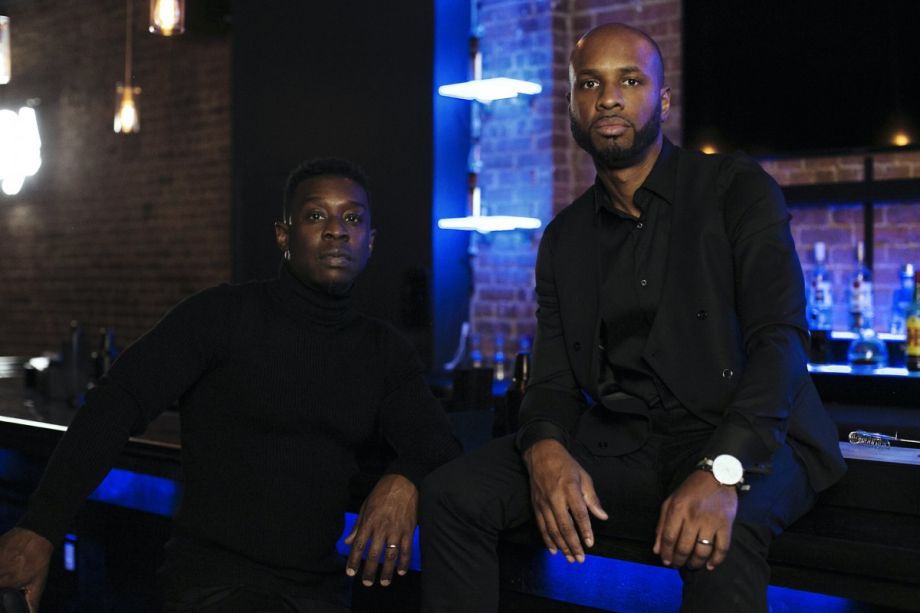
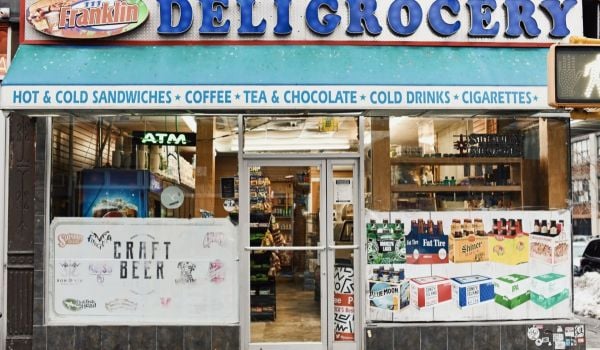
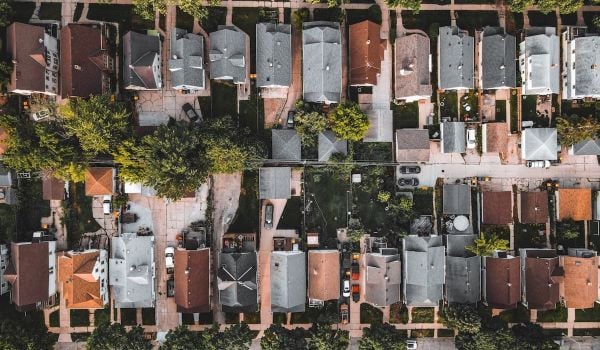
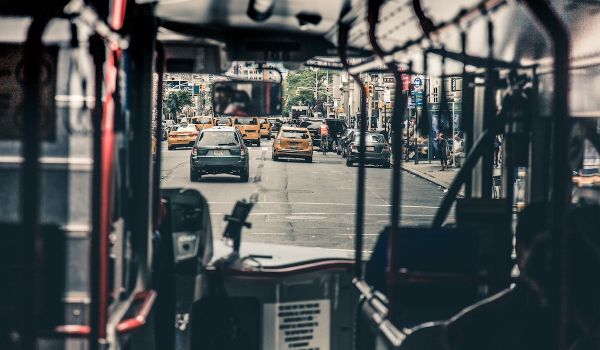
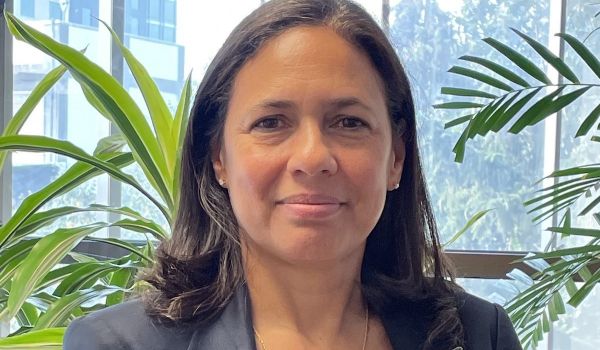
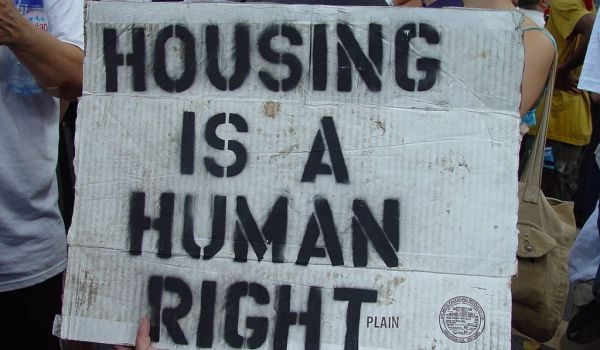
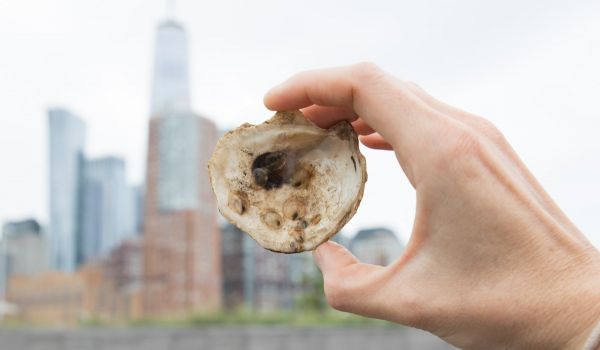
_600_350_80_s_c1.JPG)
